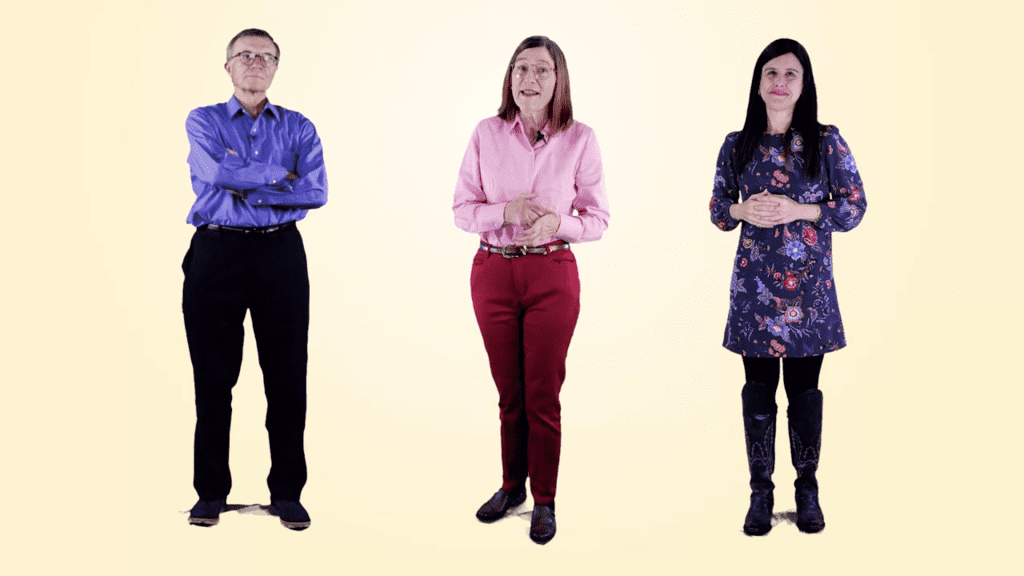An Uncommonly Surprising Engineering Perspective on Learning
A course to become a better teacher and a better learner by understanding how learning happens.

Of most of the devices we use, we have a pretty good view of what is at the heart of their functioning. Cars have combustion or electrical engines, computers have chips and a CPU, our heating system burns fuel. We even use our own body as a metaphor. But what about our brain’s learning system? Remember the movie ‘Memento’, where this guy uses his skin as a long term memory? (Or any other movie about a person having amnesia, like 50 First Dates or Dory in Finding Nemo) The amnesia is explained by a problem with working or short-term memory… well, actually, it is not.
The working memory is doing fine. The transfer to long term memory is the problem, probably because of a damaged hippocampus. And if you know where the problem is, it is pretty unrealistic that tattoos are going to help. Wrong but strong. Why? Because we do not know how memory or learning works… and that would be ok, if we were not involved in learning at all. But we are… actually, all of us…
Enter ‘Uncommon Sense Teaching’. An uncommonly interesting course for teachers, looking at the inside of learning. Great explanations, solid universal insights, presented in a fun way. Not only interesting for teachers but also for people that want to have more insight into their learning process. A strong follow-up on ‘Learning How to Learn’. And this is only part 1.
And the timing is perfect. In these uncertain times, teachers are slowly turning back to the new normal, to the regular classrooms, if possible. Some have enriched themselves with online teaching experience, others with a few online deceptions, most with a foggy mind and tired of the constant uncertainty and fear of what the next year will bring. All are looking forward to a bit of guidance.
Before I dived in the course, I was afraid that this course was just the mirror image of ‘Learning How to Learn’, the same thing but from a teacher perspective. But this is a much richer course and with an even stronger basis.
The previous courses of Barbara Oakley and Terrence Sejnowski focused on learning and creating (career) breakthroughs from the learner perspective. Here, Barbara Oakley applied her magic formula again: do the research, write a book [1], and condense it further in an interactive MOOC. She does not shy away from compressing her message and showing the gist of her teaching experience. Her message is reinforced by her knowledgeable side-kick and expert in both neurology and artificial intelligence [2], Terrence Sejnowski. And she has also the energetic help from education expert Beth Rogowsky. This small team brings every single insight with nice and well-thought metaphors supporting the learning process and experience. A perfect ‘practice what you preach’. “Learn it, link it, let’s do it.”
Most of the insights are based on neurology. They explain learning from a deeply cognitive perspective. This is in sharp contrast with the first wave of neurological insights to explain education, where a lot of over-optimistic claims were made. In this second wave, Barbara Oakley and her team make it up with super clear explanations what these neurological insights do for you as a teacher. More intermediate and complex behaviour like motivation, organization of knowledge, course climate, etc. (like in the book How Learning Works [3]) are not discussed in-depth. This relieves the team from the burden of contextualizing their claims and allow them to dive deep at strong causal relationships in the learning process. And this reveals the true engineering perspective.
Uncommon Sense Teaching also reminds me of the (More) Urban Myths books about learning and education books of Casper D. Hulshof, Pedro De Bruyckere, and Paul Kirschner. Barbara Oakley and her team tick similar boxes, but also add a few more. They really make the ‘mechanics of learning’ visible, tangible, and understandable. It was also a trip down memory lane when I worked at the CALM [4] (Categorizing and Learning Module) which was an AI system that mimicked the same human memory principles. Certainly makes me want to improve the course for teachers on FutureLearn, the Digital Learning Toolkit [5].
The humor is sometimes a bit corny, but very authentic, and, therefore, enjoyable. That makes it a pleasure to watch and absorb the information almost instantly, retain it for a long time, and apply it to my work.
And it is necessary. How can we teach, without knowing how learning works?
Looking forward to the next episodes of this specialization, where the social aspect is deepened further!
References
[1] Uncommon Sense Teaching, Practical Insights in Brain Science to Help Students Learn. Barbara Oakley, Beth Rogowsky, Terrence Sejnowski, 2021
[2] The Deep Learning Revolution. Terrence J. Sejnowski, 2019
[3] How Learning Works: Seven Research-Based Principles from Smart Teaching. Marsha C. Lovett, Michael W. Bridges, Michele DiPietro, Susan A. Ambrose, Marie K. Norman, 2019
[4] CALM: Categorizing and Learning Module. Jacob M.J. Murre, R. Hans Phaf, Gezinus Wolters, 1992
[5] The Digital Toolkit on FutureLearn. Paul White, Martijn Klabbers, Louise Cox, Stuart Kruse, John Heijligers, Celine Chen, Saskia Stollman, Hilde Segers, Charlotte Vonkeman, 2021






